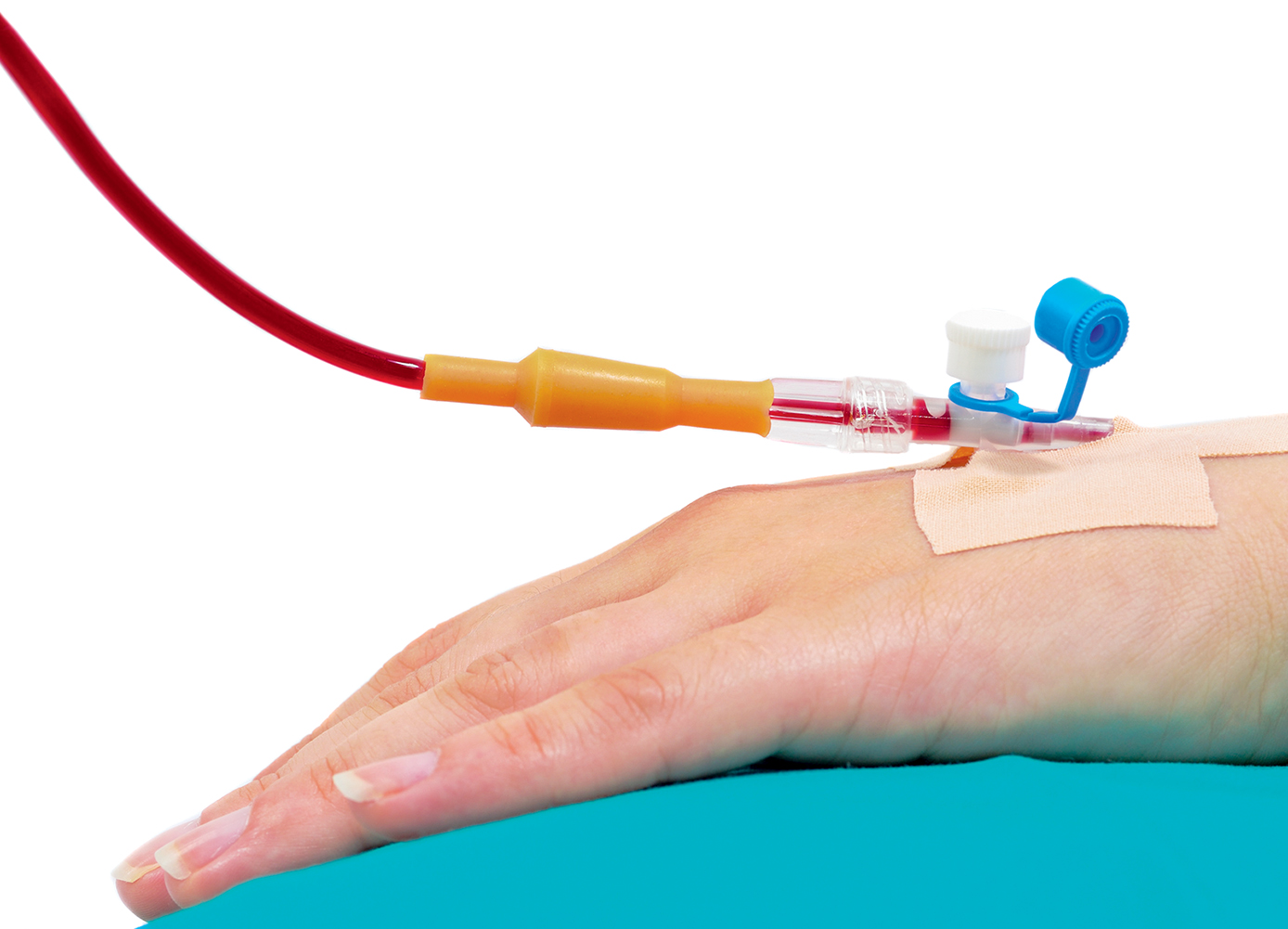A new research Dream Team will be working towards treatments for late-stage breast cancer
Photo: iStock/artisteer.
The federal government has announced that it will be supporting the creation of a research hub for metastatic breast cancer, the stage at which the disease has spread to other organs in the body.
“Current treatments for metastatic breast cancer, including new immunotherapies, are ineffective for disease that has spread to other organs,” a Canadian Institutes of Health Research (CIHR) press release said. “That is why the Canadian research community is collaborating to accelerate cancer research to address the most pressing problems in breast cancer prevention, diagnosis, and treatment.”
The Stand Up to Cancer Canada Metastatic Breast Cancer Dream Team will be headed by Dr. Nahum Sonenberg and Dr. Michael N. Pollak of McGill University in Montreal. Researchers will be leading a Canada-wide study to see what drugs are most effective in the treatment of metastatic breast cancer. The first trial will begin with 40 patients currently being treated at the BC Cancer Agency in Vancouver, the University of Alberta in Edmonton, and McGill University.
The team has been assured up to $6 million in funding over the next four years from the Canadian Cancer Society, Stand Up to Cancer Canada (a registered charity created in 2014), and the federal government through the CIHR.
“We believe that health research is one of the best investments we can make as a nation and it is a priority for our government to invest in cancer research that seeks to offer the most appropriate and efficient care to people,” said Marc Miller, Member of Parliament for Ville-Marie–Le Sud-Ouest–Île-des-Sœurs in Montreal.
Breast cancer is the second most common cancer seen in Canadian women after non-melanoma skin cancers. The Canadian Cancer Society estimates that 26,300 women were diagnosed with breast cancer in 2017, representing a quarter of all cancer diagnoses in women that year. In the same year, about 5,000 women died of breast cancer.





